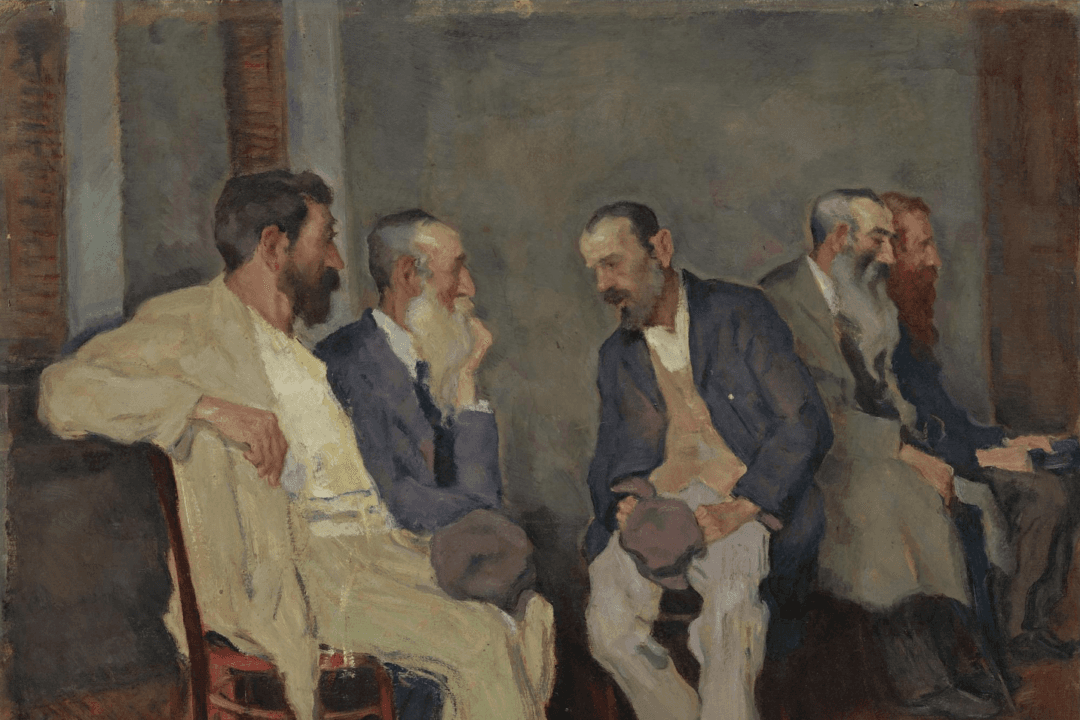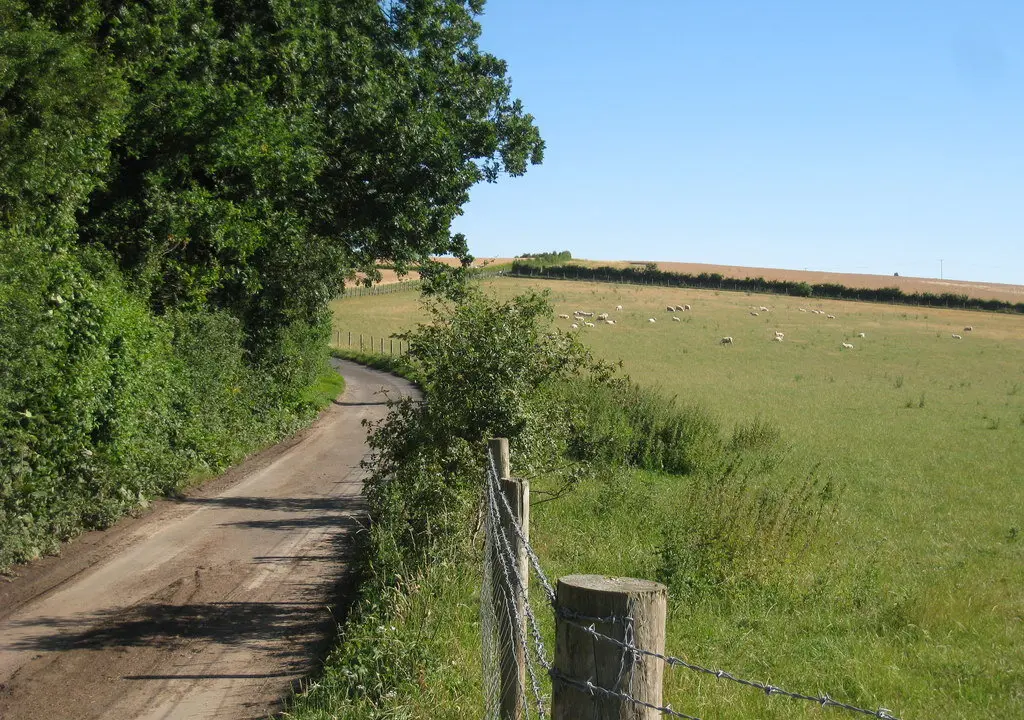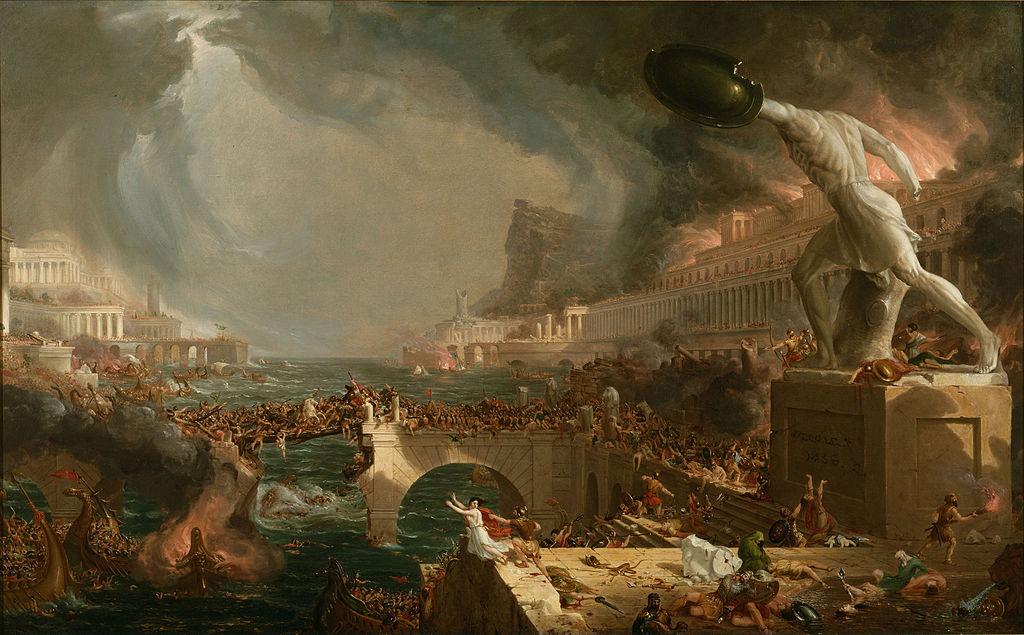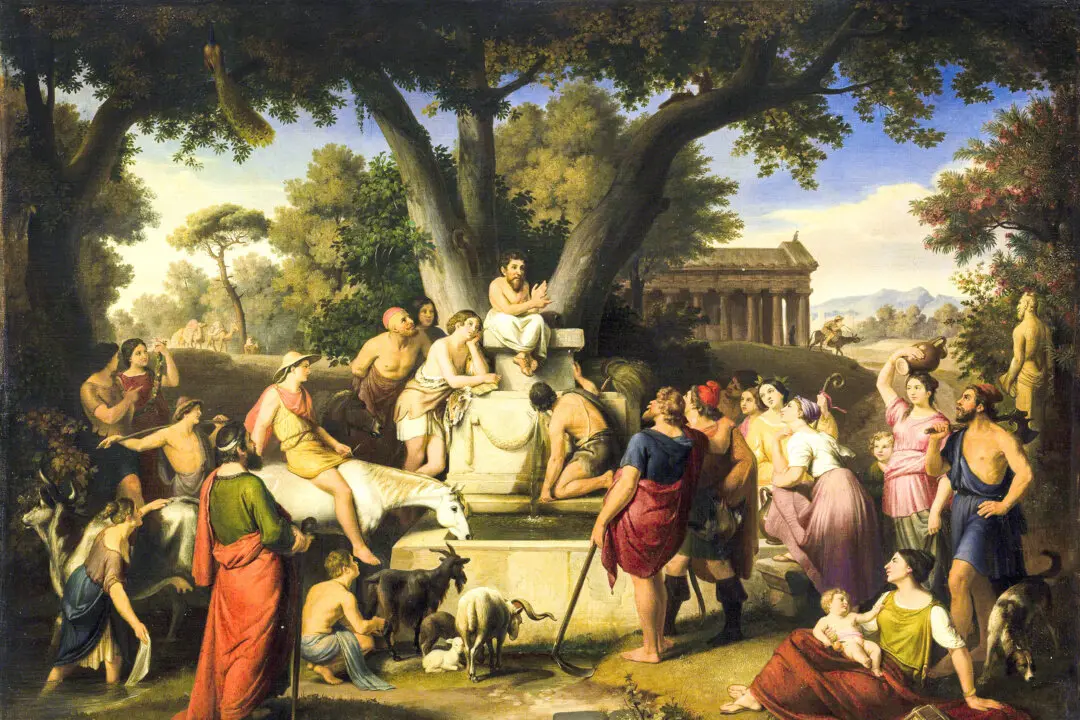“What new story have you lately heard agreeable for telling in conversation? Have you lately heard of any citizen’s thriving well, and by what means?”
It would be common for members of “Junto” to discuss these questions. Benjamin Franklin founded the collective in 1727, almost three centuries before self-improvement became a multi-million-dollar industry. The Founding Father understood that an individual can’t become virtuous alone—we need each other to improve ourselves and our communities.






